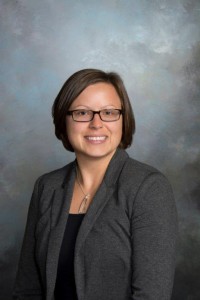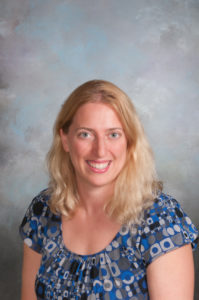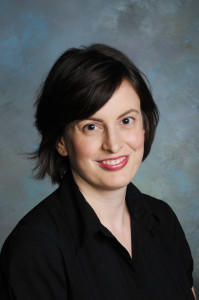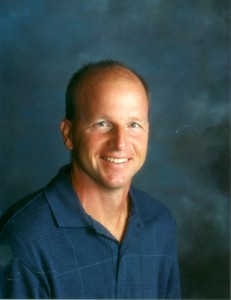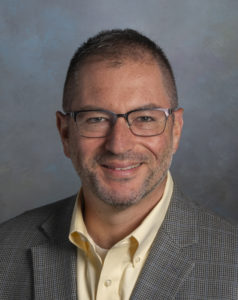
Professor of Psychological Science and Director of Academic Integrity Programs David Rettinger
Professor of Psychological Science David Rettinger, who is director of Academic Integrity Programs at UMW, participated in the Brookings Institute TechTank Podcast, discussing “How Universities Deal with Student Cheating?”
The COVID pandemic forced many schools and universities to remote education where students logged onto video calls for their classes. At one level, technology was helpful in giving students opportunities to continue learning despite being limited to their homes. Yet during the pandemic, there was a startling increase in the use of online monitoring software designed to prevent student cheating on exams. To discuss these issues, host Darrell West is joined by David Rettinger and Lindsey Barrett. David is a professor of psychological science and director of academic integrity programs at the University of Mary Washington. He also is the president emeritus of the International Center for Academic Integrity. Lindsey is the Fritz Family Fellow at Georgetown University Law Center and the author of a paper entitled “Rejecting Test Surveillance in Higher Education.” Listen here.
